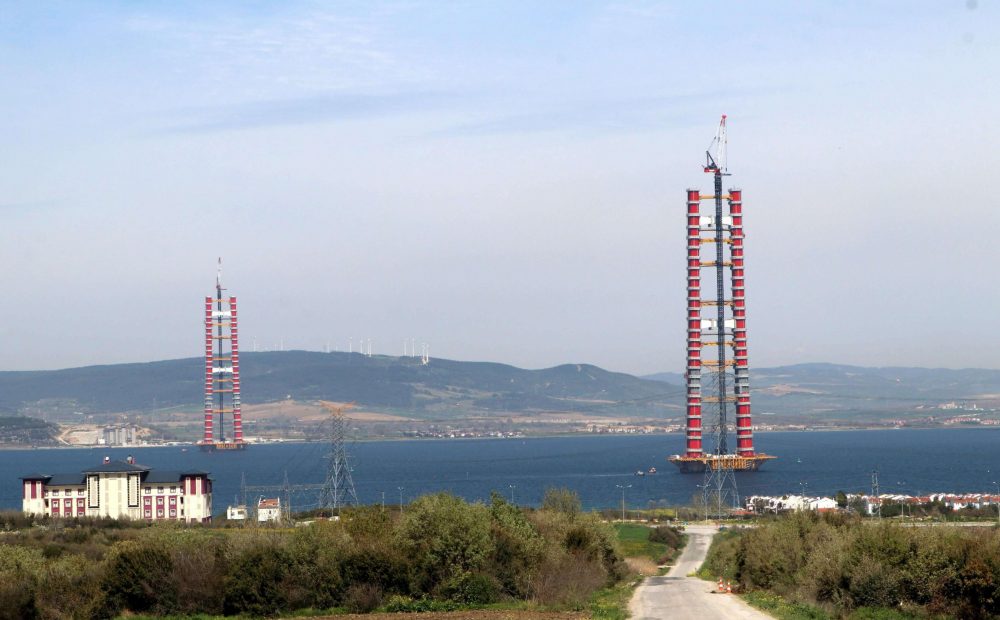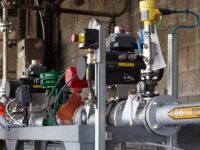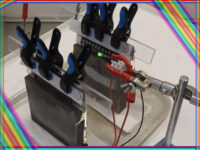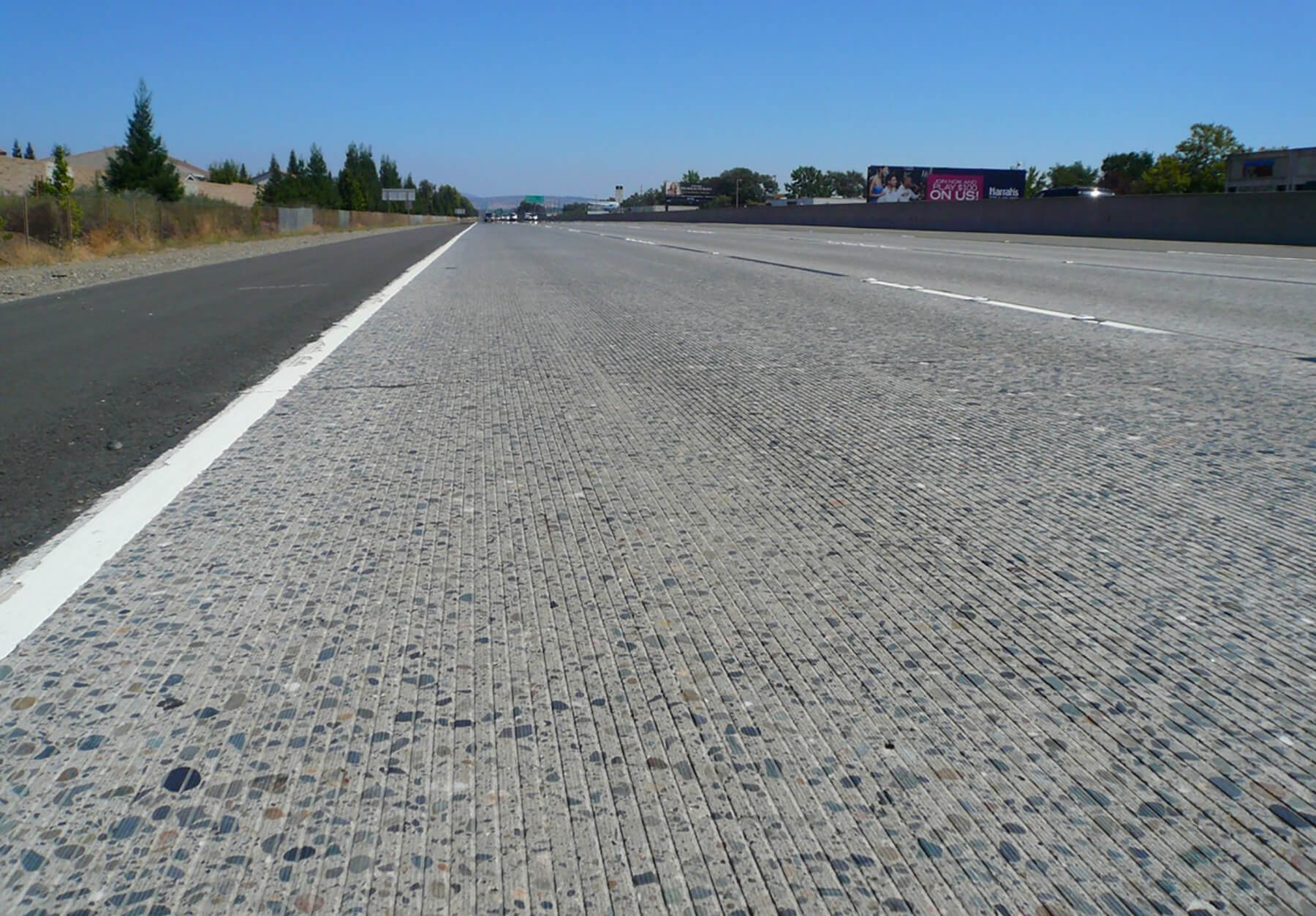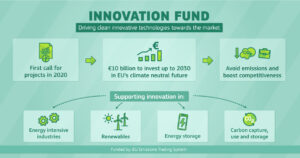The 1915 Çanakkale Bridge across the Dardanelles in Turkey carries a new highway connecting Europe and Asia. The bridge is located at the Northeastern end of the strait where it connects the Gelibolu province to the Northwest with the Lapseki province to the Southeast as illustrated below.

The bridge is expected to be built at a cost of around 10.35 billion Turkish liras ($2.80 billion). It is expected to open the bridge in 2023.
The suspension bridge has a 2023 m long main span and 770 m long side spans. It will be 32 meters longer than the world’s longest bridge the Akashi-Kaikyo bridge between Kobe and Awaji Island in Japan. The bridge girder is of twin stiffened steel box girder construction, with stiffened steel plate decks with asphalt surfacing.
The girder is structurally continuous for the full length of the suspension bridge and has a total length of 3563 m. The twin box girders are connected by transverse steel box girders. The main cables are formed from pre-fabricated parallel wire strands (PPWS). The towers are of stiffened steel plate construction.
The anchorages are of the gravity type, constructed of concrete and supported on spread foundations. The tower foundations are concrete caissons placed on improved soil. Soil improvement is achieved by steel pile inclusions. The ends of the suspension bridge side spans are supported on the European and Asian side span piers, which have piled foundations.
The ready mixed concrete and cement supplier of this mega project is Akcansa Cement which is a joint venture of HeidelbergCement and Sabanci Holding.
At the end of Akçansa’s long-term R&D studies, the concrete specially developed for the project ‘1803 Cement’ has been developed to have a minimum service life of 100 years. The concrete produced with 1803 cement will be used in the underwater remaining parts of abutments of the 1915 Çanakkale Bridge. It is predicted that a total of 300 thousand cubic meters of ready mixed concrete will be used in the project while four ready mixed concrete plants capable of heating and cooling concrete are installed.
In May 2020, Akçansa Çanakkale Cement Plant has been certified in accordance with the “CSC Certification System” in Turkey.
The provisional certificate at the level “Silver” has been issued by the Economic Enterprise of KGS, Certification Body of the Concrete Sustainability Council.
Akçansa was the first cement and ready-mixed concrete company in Turkey to receive “CSC Certificates”. Akçansa “Büyükçekmece Cement Plant” and two ready-mixed concrete plants “Gebze Ready-Mixed Concrete Plant” and “Kemerburgaz Ready-Mixed Concrete Plant” are CSC-certified also.

 Loading…
Loading…
